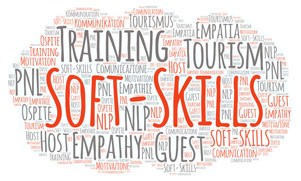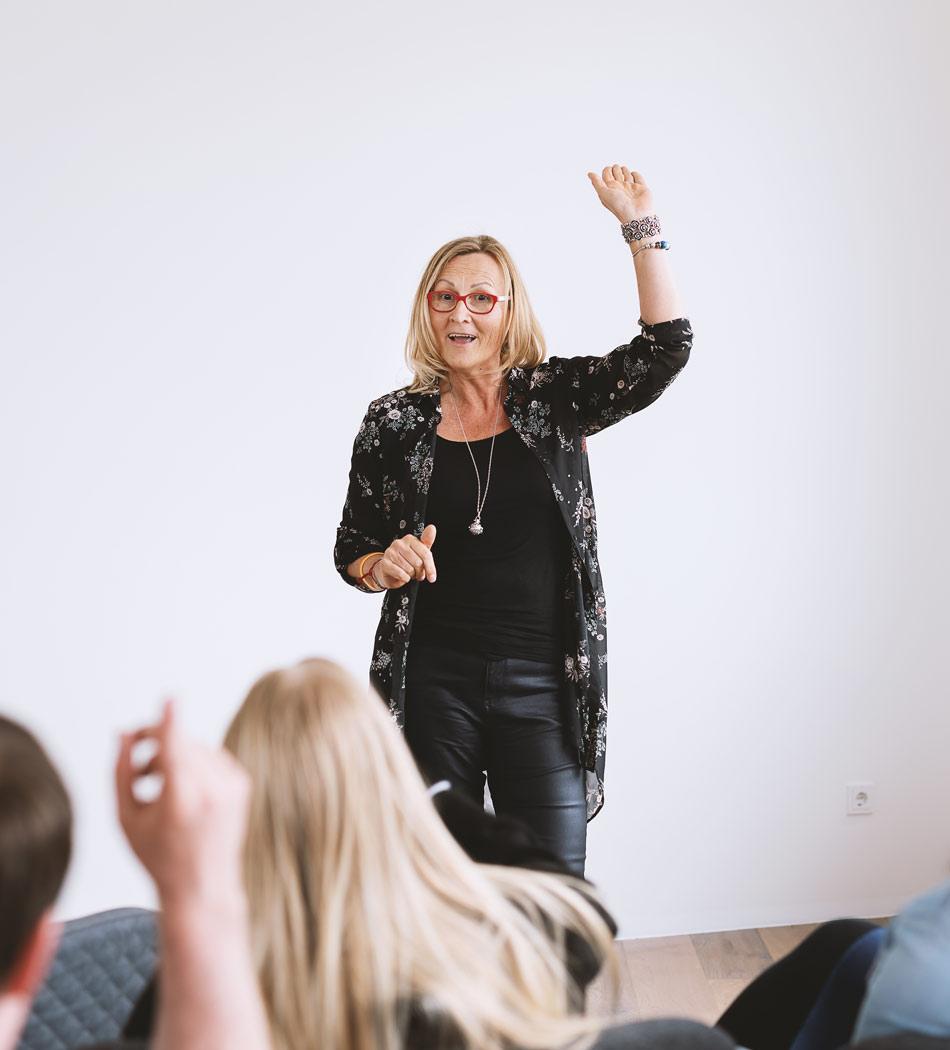
Leadership Training
HOSPITALITY TRAINING – Leadership
As a professional Leadership trainer, NLP coach and Master Trainer Self Science, I am passionate about the importance of training soft skills for managers, teams, and employees. It's not just about improving productivity and efficiency, but also about creating a positive and supportive work environment where everyone can thrive.
At the core of soft skills training is self-leadership and self-empowerment. When individuals learn to take charge of their own growth and development, they become more confident, motivated, and engaged. This, in turn, leads to better communication, stronger relationships, and more effective teamwork. Guests will notice well the unique way in which you care about them and will have an unforgetable stay.
But soft skills training is not just about the individual. It's also about building a sense of community within the team and the organization as a whole. By learning to empathize with others, communicate effectively, and collaborate towards shared goals, teams can create a culture of trust, respect, and support.
As a Leadership trainer, I believe that investing in soft skills training is not only the right thing to do but also the smart thing to do. By empowering individuals and building strong, cohesive teams, organizations can unlock their full potential and achieve success beyond their wildest dreams.


